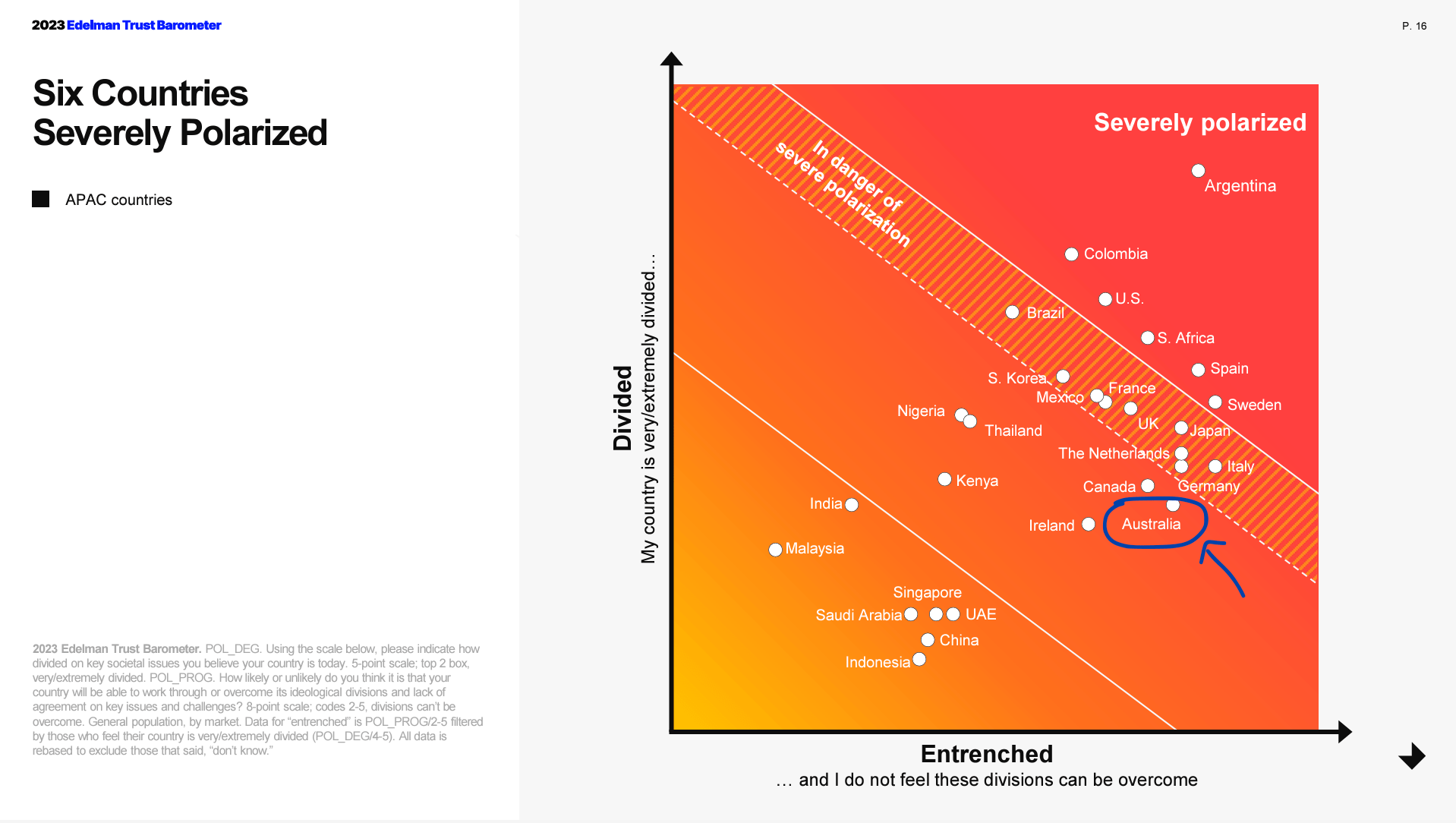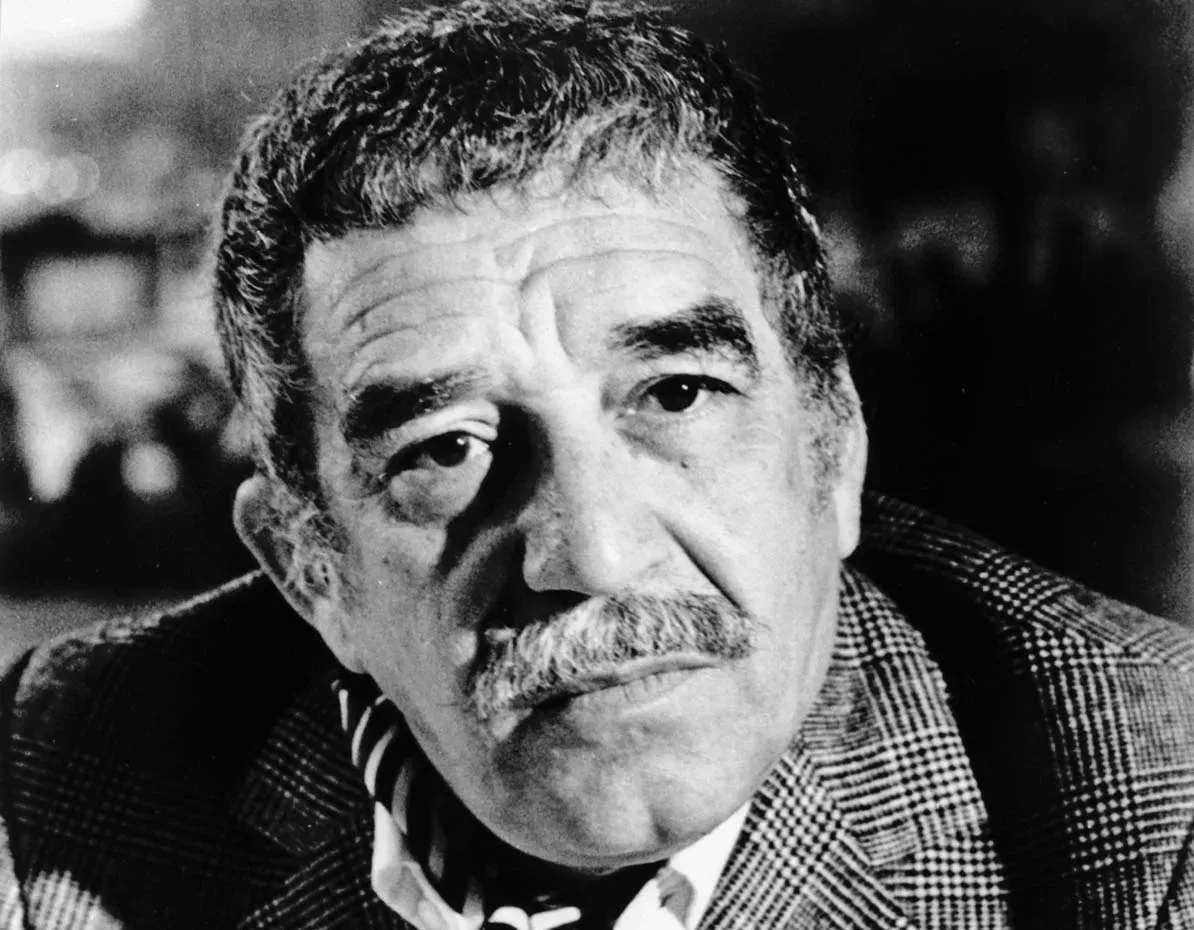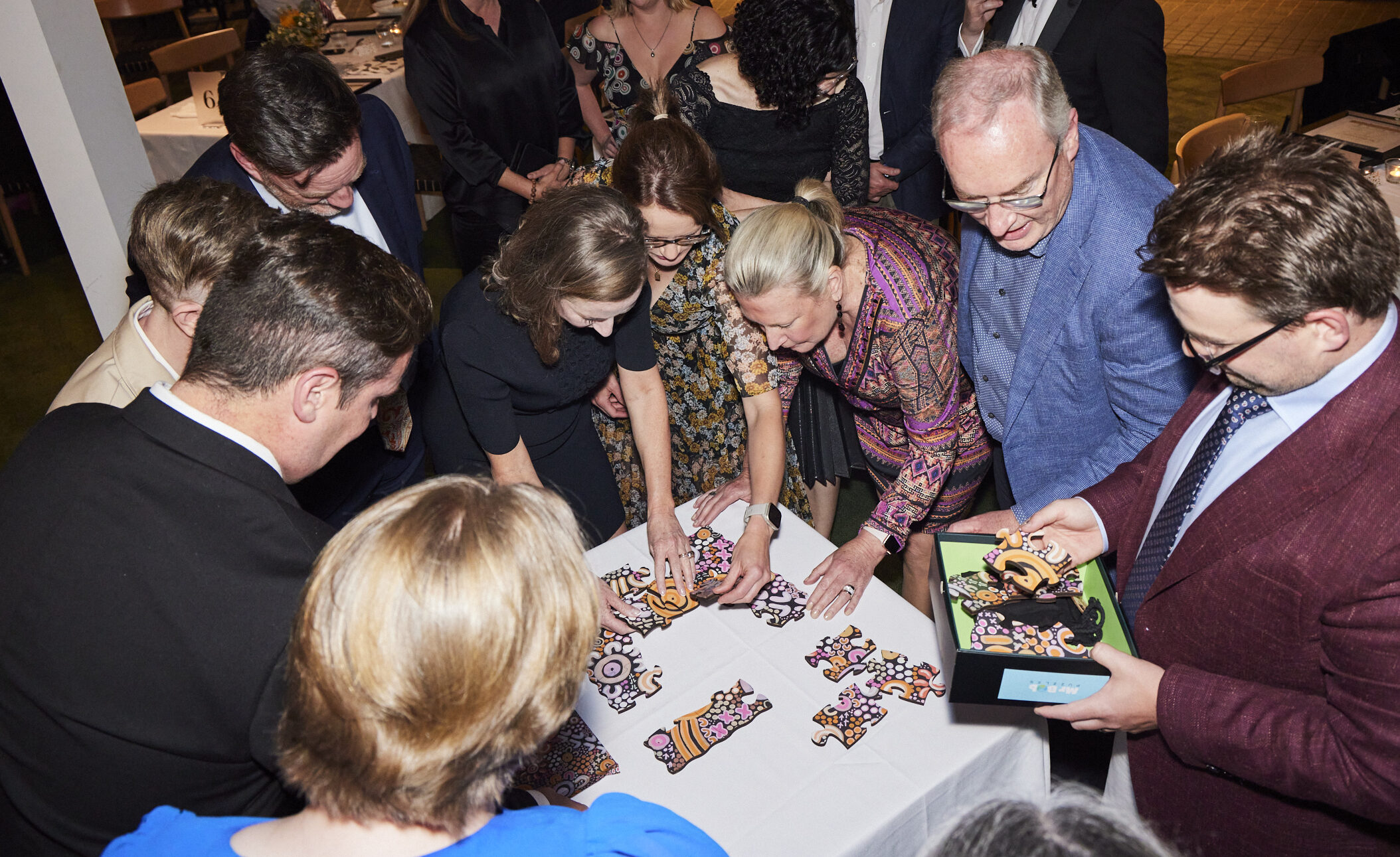2023: the year in ethics
The biggest stories of 2023 made the importance of ethical leadership clear.
In 2023, ethics was front and centre in Australia as multiple high profile organisations were forced to face the public and themselves over integrity breaches. These examples exposed not only the concealed cultures and dynamics that led to misconduct but ultimately also the critical value of public trust and the enormous harm that its loss causes.
As we emerged from the fallout of Covid and into a cost-of-living crisis, the first half of the year was dominated by conversations on public trust and organisational responsibility. This was particularly evident in conversations on the Australian Public Service (APS) and how it engages with some of Australia’s most vulnerable groups.
With the release of damning Robodebt Royal Commission findings in July and navigation of the politically polarising Voice referendum in October, the APS signalled its focus on trust and integrity as a key part of its public service reforms. This was reinforced by the recent publication of the ‘Louder than Words’ report from the APS’ Integrity Taskforce in November.
Trust and integrity have also been key themes at a State and Local Government level, with the release of the Sandon and Creeping Politicisation Reports in Victoria, demonstrating the ways in which skewed power dynamics and unethical culture can dramatically impact the healthy functioning of our institutions.
Equally, the private sector was not immune from scrutiny. Some of Australia’s most prestigious companies, including PwC and Qantas, faced a grilling from the public, media, shareholders and the government. Their highly-publicised integrity breaches exposed cultures driven by a win-at-all-costs mentality and opened them up to enormous levels of reputational, financial, brand and cultural damage.
Alongside these major stories, other organisations faced a more quiet but fundamental reckoning on purpose in an age of crisis. Leaders continue to grapple with questions about the nature of responsibility and necessity of action in the face of the climate crisis, polarising conflict in Ukraine and Gaza, an Australian community split over social justice issues including the Voice referendum and the mental health challenges affecting an increasing number of Australians, including their workforces.
This commitment is critical as trust in leaders and institutions declines, paving the way for hyperpolarisation and a breakdown in the cooperation we will need to meet the challenges of today and tomorrow.
As ESG frameworks become more mainstream and rigorously measured against and the urgency of these challenges increases, companies will each need to deeply consider their responsibilities alongside shareholder value and how they will walk the talk.
At the time of publication, we’re 11 days out from the new year. Where to from here?
Cranlana is committed to building the ethical leadership capability as well as culture and systems that drive positive change across organisations and sectors. Rather than normalising ethical drift, we advocate for embedding conscious ethical practice throughout all levels of leadership and governance.
By building our awareness and normalising thoughtful, collective enquiry into the ethical challenges of our environment, we are working towards a more ethical and resilient future. Change is possible and it will only occur through making the space to think, listen and then think again.
Cranlana will bring its longstanding curriculum as well as introduce new offerings in 2024.
We’re putting increased emphasis on the application of ethics – utilising the latest techniques to support our leaders to build the courage and practical skills to make values-led change.
The time is now.
Webinar in 2024: When Values Divide
Ethical leadership and rising tensions in the workplace
Anecdotal evidence and quantitative data agree – for 61% of Australians, the level of civility and mutual respect in the workplace is currently the lowest they have ever experienced.
If Australia is on a path to polarisation, it isn’t time to shrink back from what’s uncomfortable. Managed correctly, conflict at work can be an unexpected source of innovation and increased productivity.
When Values Divide invites you to take part in an interactive ‘Thought Crunch’ with Cranlana’s Head of Programs and renowned ethicist, Dr Leslie Cannold. Register for the complimentary webinar, which takes place on February 8th, 2024 here:
Share This Story
Related articles
Recent posts
The Cranlana Method
We don’t teach leadership skills. Instead, we help leaders apply the skills they already have more wisely – by building clarity of purpose and ethical courage. Drawing on a rich history of philosophical wisdom, they encourage fresh and considered approaches to challenges – offering insights that, for many participants, will fundamentally transform their concept of leadership. Our courses are dialogue-based and immersive, bringing small groups of high-level leaders together for discussions that are wide-ranging and expertly guided. They are rigorous, in-depth and practical, providing high-level learning experiences and understanding to strengthen your capabilities as an effective and ethical leader.
Interested in discovering more?





